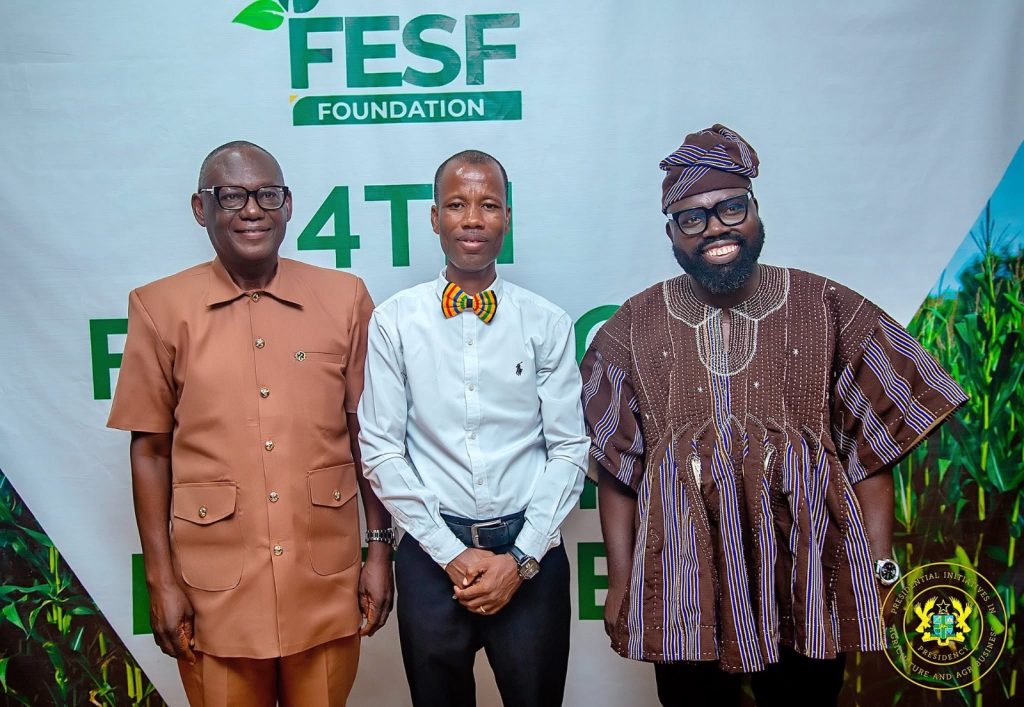
In a compelling address at the Fourth Edition of the FESF Foundation Food Security Lecture, Dr. Amos Rutherford Azinu, Seed Business Executive at Legacy Crop Improvement Centre, presented a comprehensive 13-point strategy to revolutionize Ghana’s agricultural sector. The lecture, hosted at the Nursing and Midwifery Council in Accra, confronted the pressing food security challenges facing the nation despite its $2.4 billion annual food import bill.
Dr. Azinu began by calling for a fundamental mindset shift, urging Ghanaians to view agriculture as a dignified, technology-driven business opportunity rather than a last-resort profession. He emphasized the critical gap between Ghana’s well-crafted agricultural policies and their implementation, advocating for more effective execution mechanisms.
Central to his vision is the empowerment of smallholder farmers, who currently produce 80 percent of Ghana’s food. Dr. Azinu proposed pathways for these farmers to achieve economies of scale, alongside expanding the animal and fish industries to reduce dependence on imported meat and poultry products.
Infrastructure development featured prominently in his recommendations, with particular emphasis on irrigation. “Only two percent of Ghana’s cultivated land is currently irrigated,” Dr. Azinu noted, highlighting this as a significant constraint on agricultural productivity. He also stressed the importance of improved road networks to connect farms to markets, thereby reducing post-harvest losses.
Addressing structural barriers, Dr. Azinu called for reform of Ghana’s complex land tenure system to encourage long-term agricultural investments. He advocated for a robust financial architecture with tailored products beyond conventional banking systems, which often burden farmers with prohibitive interest rates.
Other key points in his reset strategy included managerial capacity building for farmers, skilled labor development, and the introduction of floor price mechanisms to shield farmers from market volatility. Dr. Azinu placed special emphasis on seed sector development, revealing that only 11 percent of Ghanaian farmers currently use improved seeds, while local production meets less than 20 percent of national requirements.
“Ghana has the natural endowments to achieve food security and serve as a food basket for West Africa,” Dr. Azinu asserted, “but this requires decisive action from all stakeholders beyond policy discussions.”
The event was chaired by Dr. Peter Boamah Otokunor, Director of Presidential Initiatives in Agriculture and Agribusiness at the Presidency, and hosted by Prof. Richard Bani, President of FEST Foundation.
